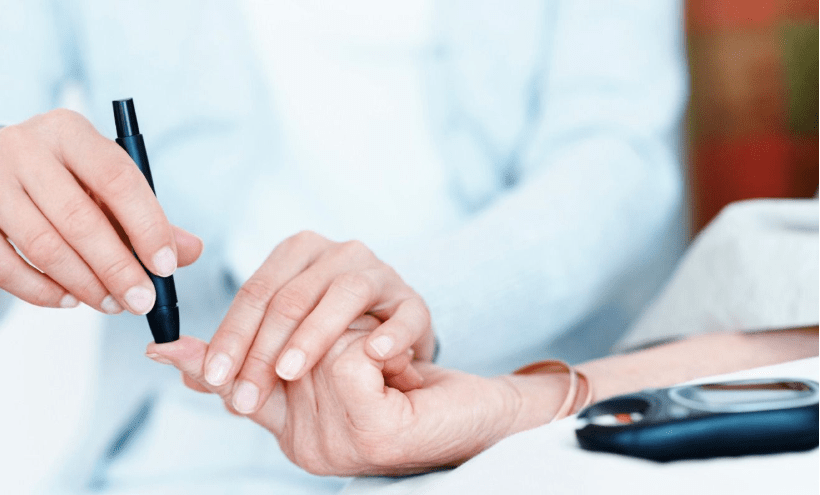How to Cope With Diabetes

Learning to deal with type two diabetes can be extremely hard, especially when you are still learning all the diabetes symptoms. Gretchen Becker has provided an essential guide to learning to live with type 2 diabetes, explaining every aspect of treatment, including diet and lifestyle changes you may need to make. Being a diabetic isn’t so bad – just read on to find out how to deal with it…
1) You’re not alone
If you’ve just been diagnosed with type 2 diabetes, the chances are you’ve just also heard the words diet, drugs, insulin, glucose, blood test and carbohydrates – and your brain is spinning. The first thing to consider is that you are not the first and certainly not the last person to be diagnosed with this disease. Yes, it will no doubt be scary, and yes, you will need to change many things in your life and granted, it won’t be easy, but you are not alone.
TIP: There is support out there and you can get through this.
2) Don’t blame yourself
Getting diabetes is not your fault. It has been proven that type 2 is associated with obesity, but that is not to say that being overweight causes diabetes. The same goes for if you had eaten less sugar, eaten less fat, exercised more, eaten more fibre or smoked less. If you tell yourself that if you had done none of those things then you wouldn’t have got diabetes, then you would be wrong. To get diabetes, you need diabetic genes, so unfortunately one of the causes is a poor choice of family members!
TIP: Diabetes is not your fault.
3) Learn about insulin
Just like a car needs energy to run, so does your body in order for it to function. In a car’s case, this energy is petrol but for a body, it is a sugar called glucose. Once you have eaten food, your body converts a lot of this food into glucose, which is then taken to your brain and muscles. It is your muscles that need the insulin, but with type 2 diabetes, your body simply doesn’t produce enough and the glucose builds up in the bloodstream causing all kinds of problems.
TIP: Testing your blood glucose levels regularly is the best way to learn how to control your diabetes.
4) Check your foods
When most people hear the word diabetes, they hear the word sugar and think they cannot eat it. At all. Unfortunately, nowadays nearly every piece of food we put into our mouth contains some form of sugar, so no matter what we eat when suffering with type 2 diabetes, it will have an affect on our blood sugar. All foods contain protein, fat and carbohydrate and it is this that has the greatest effect on your blood glucose levels.
TIP: Be aware of what foods you should limit or try to cut out – but be realistic.
5) Start exercising
As well as keeping an eye on your food, it is a good idea to start taking up some exercise. This will help towards controlling your diabetes. This will decrease your blood glucose levels and continue to help control them hours after you stop. Unlike medication, exercise is completely natural and therefore has no side effects.
TIP: Moving more is one of the most important things you can do to control your diabetes.
6) Be aware of side effects
Stress can increase blood glucose levels, but coping with the effects of diabetes can be stressful, no doubt about it. Other side effects include weight gain, nausea, diarrhea and leg swelling. It may seem daunting, but you’ll need to look after your health very carefully for the rest of your life.
TIP: Keeping your blood glucose levels as normal as possible will help prevent health problems developing in later life.
For more information, read: The First Year Type 2 Diabetes: A Patient-Expert Guide For the Newly Diagnosed (£10.99, Robinson) by Gretchen Becker


